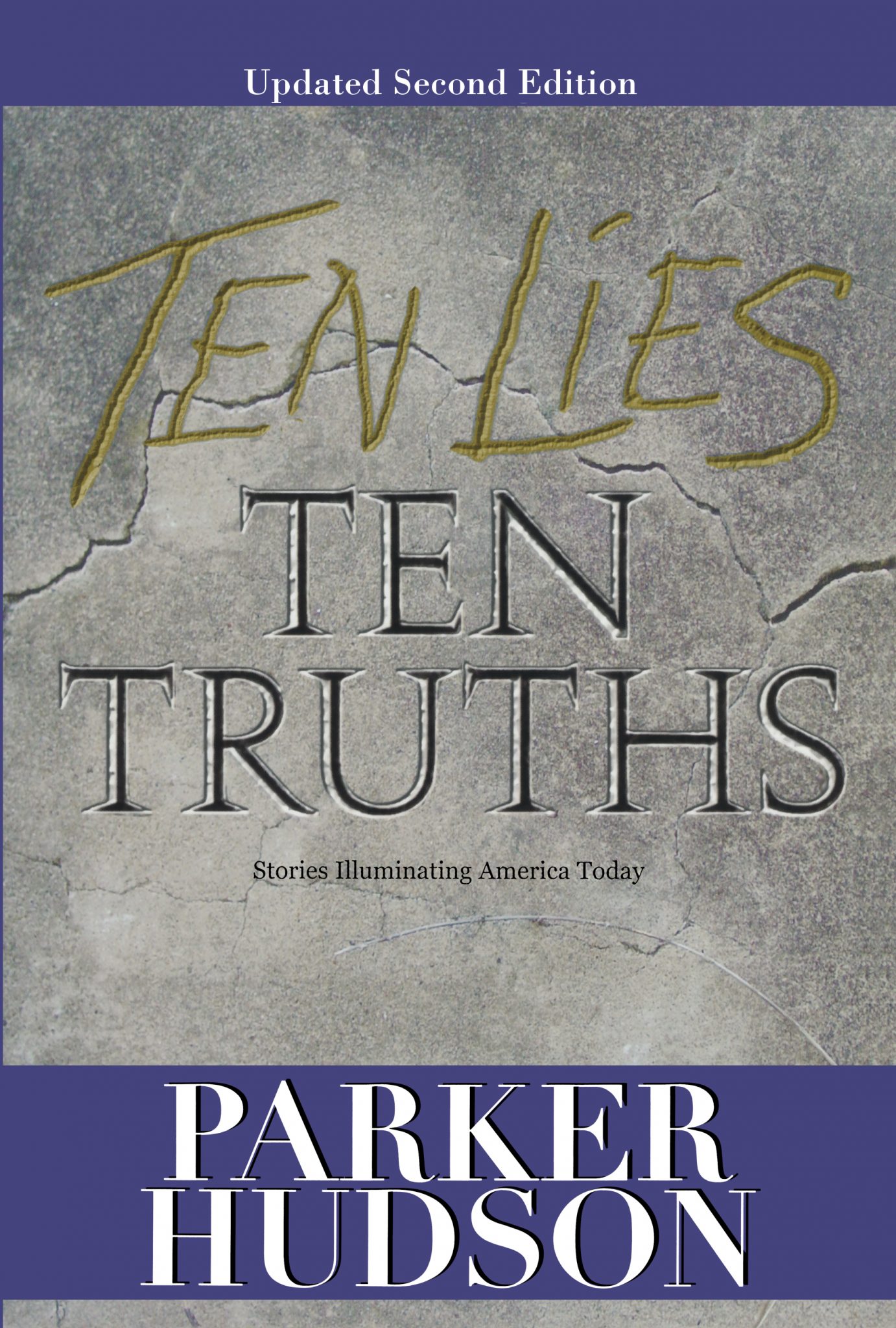As noted in previous posts, there are several facets to the U.S. being a Christian nation, and here I want to focus on how the U.S. should be Christian nation. I ask the question: at the beginning of the twenty-first century, how should we live?
The same way as the Founders lived: relying on God and looking to His truths as the basis for our laws and for our behavior, as the only true foundation for successful living.
But I want to make a distinction which may not sit well with some fellow Christian conservatives. To restore this Godly foundation in our nation, it is more important that Christians pray, teach their children, promote our nation’s religious history, speak out in the public square, challenge secular educators, and point the way to Christ, than it is to enact specific laws.
We must focus on weaving Christian faith back into everyday thought and life so that our nation’s laws and policies, and our people’s personal behavior, will again flow naturally from that source, rather than from secular ideology.
Let me be specific:
1. We should oppose all attempts to limit free speech about faith and religion. The First Amendment is clear—there are to be no restrictions. Whether it is a valedictorian’s speech, a football team’s prayer, a government official’s historical reference, a funding the downtrodden, or a display of the Ten Commandments…we must push back to be heard equally in the public square. Otherwise, the only change will be a further marginalization of Judeo-Christian beliefs, rather than the rebirth that is needed.
2. We should do everything we can to support and encourage the family, the fundamental bedrock of every functioning society. We would have far fewer problems with crime and mis-behavior if there were more fathers back in their homes, parenting (see our post of January 30, 2011). What lessons can the black community learn from experiencing in only forty years the slide from what used to be strong families into the social and economic dead end of our government’s secular plantation? Because marriage and family go together, we should defend marriage as the union of one man and one woman, as God intended. But we should also not stand in the way of civil unions for those who for the present think otherwise. They, too, are fertile ground for us to sow seeds of love and understanding, hoping for a real change, rather than a stoning.
3. Blue Laws about alcohol consumption, gambling, even drugs, are not where we should focus. As I wrote in an earlier post, addictions are terrible, but they have always been with us, and presumably always will be. They will disappear only through personal choices; many of those choices will be empowered by increased faith, and in no other way.
4. Abortion is the one policy which is on a different level. It is taking a life, and so there must be laws. We should oppose abortion vigorously, and pray that as we speak about our faith in a winsome and positive way, that specific crucial fabric will be rewoven, and eventually both practice and laws will limit abortion to a tiny number of cases.
5. Homosexuality, pre-marital sex, and marital affairs are all in the same category: they are behaviors that go against how God wants us to live, and therefore, sooner or later, they always have negative consequences for those who practice them. There are or have been laws against these behaviors, but because our faith no longer permeates our society, they have little force or effect. How can I stridently denounce homosexual behavior when virtually every family I know has young people “hooking up” and living together for years before they are married? Both behaviors are wrong, but will people abstain just because there are laws? Instead, we should be re-weaving an emphasis on the inevitable negative consequences when God’s laws are violated, which are very real.
6. Finally, with the immediate challenge of Islamists within and outside our country, we must stand up and oppose the idea that all religions are the same, and that the Founders made no distinction between them. The Founders were mostly practicing Christians, and their vision was clearly for a Christian nation. There is a difference between faiths. Yes, as the Founders did, we should practice religious tolerance. But tolerance does not mean that one believes that all faiths are equal. Rather, we allow others to believe as they want without persecution, but we maintain our belief that Christianity is the one true faith for personal salvation, as well as for a nation to be founded on liberal concepts of democracy, economic freedom, and that very same tolerance.


Comments